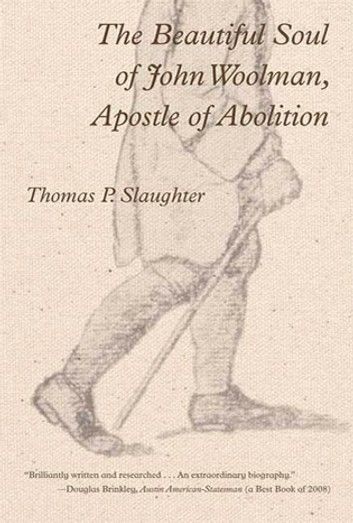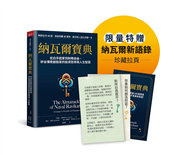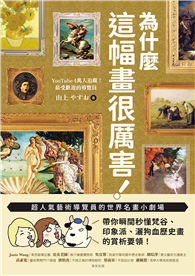| FindBook |
有 1 項符合
The Beautiful Soul of John Woolman, Apostle of Abolition的圖書 |
 |
The Beautiful Soul of John Woolman, Apostle of Abolition 作者:Thomas P. Slaughter 出版社:Farrar, Straus and Giroux 出版日期:2009-10-13 語言:英文 |
| 圖書館借閱 |
| 國家圖書館 | 全國圖書書目資訊網 | 國立公共資訊圖書館 | 電子書服務平台 | MetaCat 跨館整合查詢 |
| 臺北市立圖書館 | 新北市立圖書館 | 基隆市公共圖書館 | 桃園市立圖書館 | 新竹縣公共圖書館 |
| 苗栗縣立圖書館 | 臺中市立圖書館 | 彰化縣公共圖書館 | 南投縣文化局 | 雲林縣公共圖書館 |
| 嘉義縣圖書館 | 臺南市立圖書館 | 高雄市立圖書館 | 屏東縣公共圖書館 | 宜蘭縣公共圖書館 |
| 花蓮縣文化局 | 臺東縣文化處 |
|
|
A biography of the famous eighteenth-century Quaker whose abolitionist fervor and spiritual practice made him a model for generations of Americans
John Woolman (1720–72) was perhaps the most significant American of his age, though he was not a famous politician, general, or man of letters, and never held public office. A humble Quaker tailor in New Jersey, he became a prophetic voice for the entire Anglo-American world when he denounced the evils of slavery in Quaker meetings, then in essays and his Journal, first published in 1774. In this illuminating new biography, Thomas P. Slaughter goes behind those famous texts to locate the sources of Woolman's political and spiritual power.
Slaughter's penetrating work shows how this plainspoken mystic transformed himself into a prophetic, unforgettable figure. Devoting himself to extremes of self-purification—dressing only in white, refusing to ride horses or in horse-drawn carriages—Woolman might briefly puzzle people; but his preaching against slavery, rum, tea, silver, forced labor, war taxes, and rampant consumerism was infused with a benign confidence that ordinary people could achieve spiritual perfection, and this goodness gave his message persuasive power and enduring influence. Placing Woolman in the full context of his times, Slaughter paints the portrait of a hero—and not just for the Quakers, social reformers, labor organizers, socialists, and peace advocates who have long admired him. He was an extraordinary original, an American for the ages.
|










